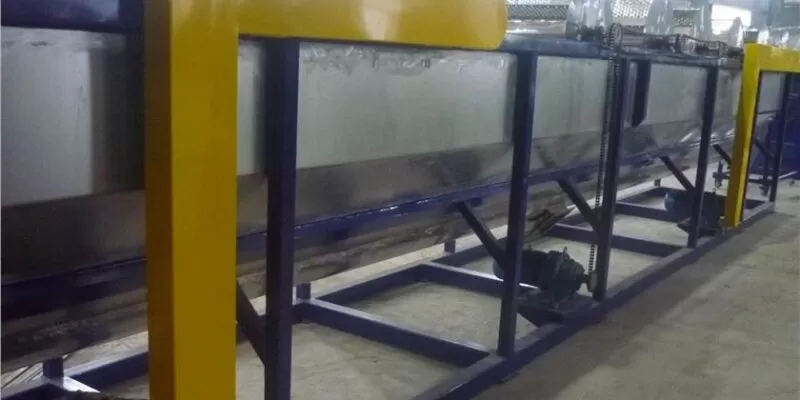As the CEO of Amige, I’ve always been deeply concerned about environmental issues, especially when it comes to plastic pollution. Japan, a country renowned for its technological advancements and commitment to sustainability, has made significant strides in plastics recycling. Let’s delve into the current situation of environmental pollution in Japan and explore its successful experiences in plastics recycling.

Japan is no stranger to environmental challenges, particularly in the realm of plastic pollution. With a high population density and limited space for landfills, the country has had to innovate and implement effective waste management strategies. One of the key successes in Japan’s approach to plastic recycling is its efficient collection and sorting systems.
Japan’s “3R” initiative, which stands for reduce, reuse, and recycle, has been instrumental in promoting sustainable practices and reducing environmental impact. The country has implemented strict recycling policies and invested in advanced technology for sorting and processing plastic waste. These efforts have significantly reduced the amount of plastic ending up in landfills and oceans.
The Role of Innovation in Japan’s Plastic Recycling Success
Innovation has played a crucial role in Japan’s success in plastics recycling. The country has pioneered the development of advanced recycling technologies, such as chemical recycling and pyrolysis, which can convert plastic waste into valuable resources. These technologies have not only reduced the environmental impact of plastic waste but also created new economic opportunities.
Collaboration Between Government, Industry, and Communities
Japan’s success in plastics recycling can also be attributed to strong collaboration between the government, industry, and local communities. The government has implemented policies to encourage recycling and provide incentives for businesses to adopt sustainable practices. Industry leaders have also taken proactive steps to reduce plastic waste and increase recycling rates.
Public Awareness and Education Initiatives
Public awareness and education have played a vital role in Japan’s efforts to combat plastic pollution. The government and non-profit organizations have launched campaigns to educate the public about the importance of recycling and proper waste management. These initiatives have helped foster a culture of sustainability and responsible consumption.
The Circular Economy Approach
Japan has embraced the concept of the circular economy, which aims to minimize waste and maximize the use of resources. By promoting the reuse and recycling of materials, Japan has been able to reduce its reliance on virgin plastics and lessen its environmental impact.
Conclusion
In conclusion, Japan serves as a shining example of effective plastics recycling and environmental stewardship. Through innovative technologies, collaboration between stakeholders, public awareness campaigns, and a commitment to the circular economy, Japan has been able to significantly reduce plastic pollution and pave the way for a more sustainable future.
